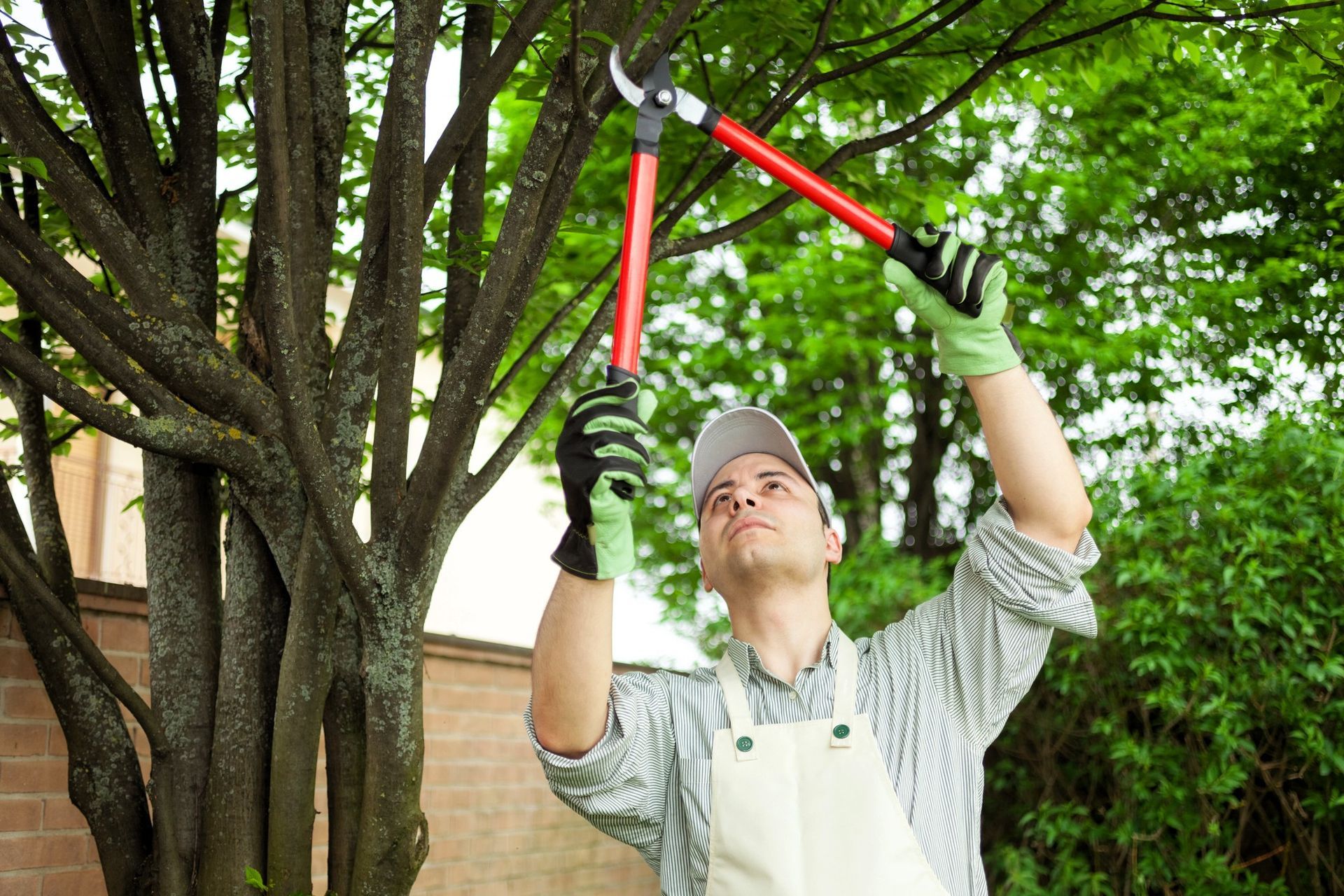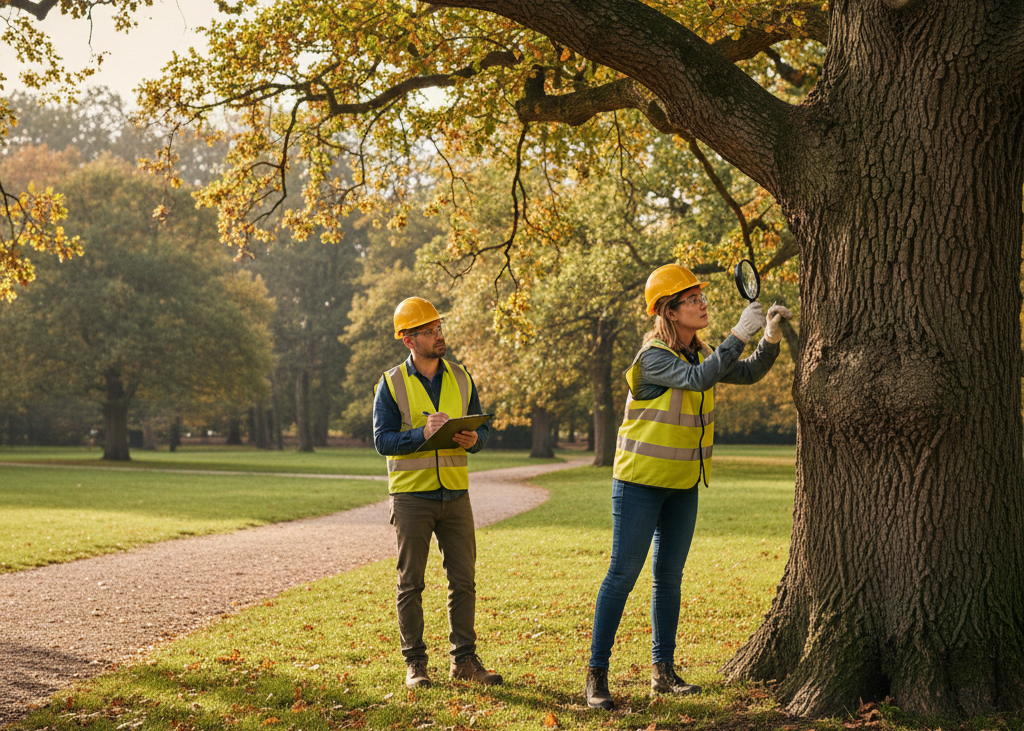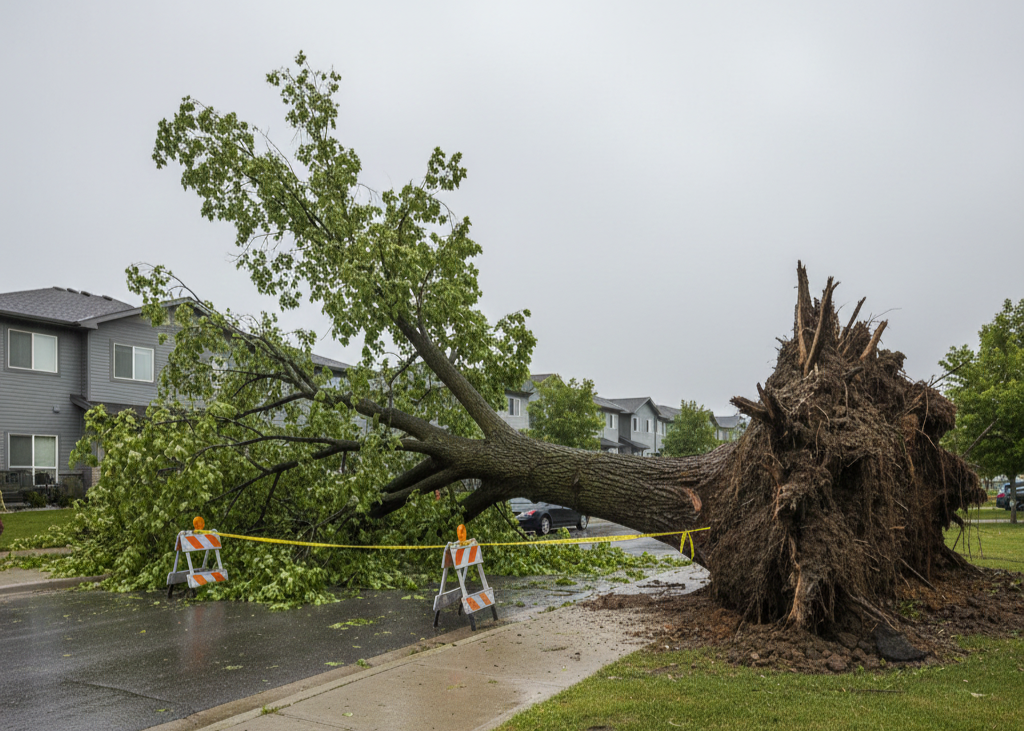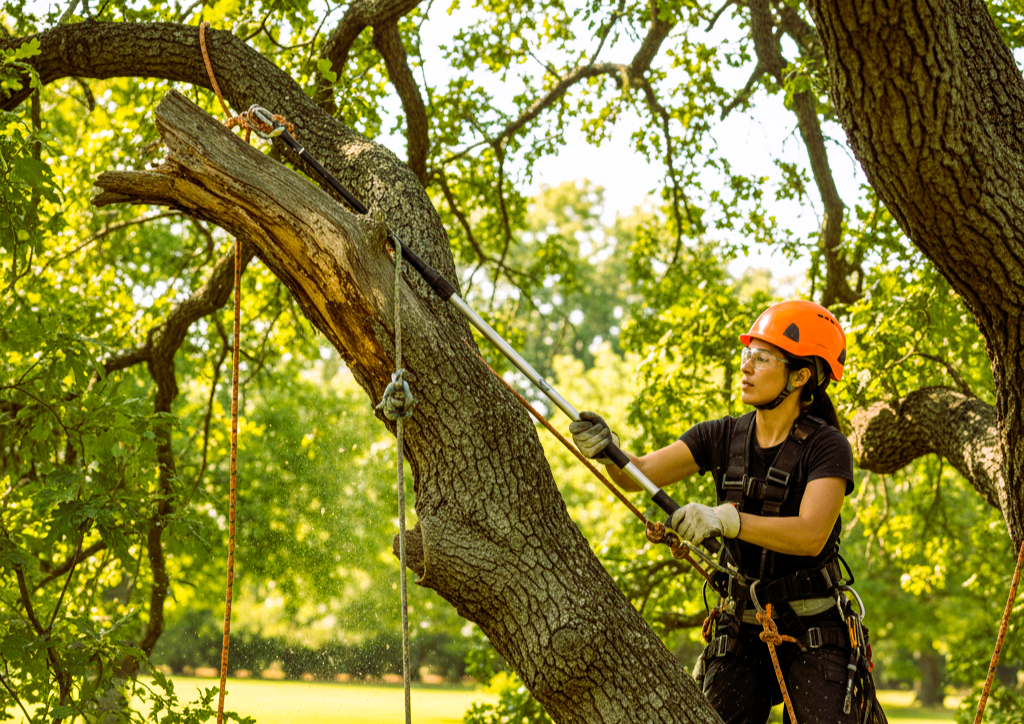9 Must-Know Tree Care Tips to Keep Your Yard Lush
Keep your trees thriving year-round with these essential care tips!

Trees do so much more than fill our backyards—they breathe life into our outdoor spaces. They shade us from the blazing summer sun, explode with color each fall, and offer a year-round sanctuary for wildlife. Just like any living organism, they require care and attention to thrive and remain full of life. Giving them proper care doesn't just make your yard look better—it helps your trees stand tall and strong for the long haul.
Whether you're new to tree care or have been at it for a while, these 9 essential tips will help your trees stay healthy and beautiful for years to come.
1. Prune Regularly for Strong, Healthy Trees
Pruning isn’t just for the pros—it’s a surprisingly simple way to keep your trees thriving. Removing dead or diseased branches paves the path for new, vibrant growth to thrive. Think of it like a haircut: trimming off the damaged bits makes everything healthier.
Pro Tip: Late winter or early spring—when your tree is dormant—is the best time to prune. It eases stress on the tree and leads to cleaner cuts.
What to Skip: Never "top" your trees. While it may seem tidy at first, it actually weakens the structure, making your tree vulnerable to pests and future damage.
2. Water Thoroughly, Not Just the Surface
A light sprinkle simply won’t suffice. Shallow watering leads to fragile roots that can’t survive tough conditions. For strong, deep roots, you need deep watering.
How to Do It Right: Soak the soil around your tree once a week, especially during dry weather. Using a soaker hose or a drip irrigation system is a game-changer, delivering water directly to the roots where it matters most.
Warning Signs: Leaves turning yellow or drooping? That’s your tree telling you it’s thirsty.
3. Mulch for Moisture and Weed Control
Mulch is like a cozy blanket for your tree’s roots—it keeps moisture in, weeds out, and roots at a comfy temperature year-round. Plus, it tidies up your landscape.
Mulching Basics: Lay down 2-4 inches of mulch around the base, stretching out to the drip line (where the branches end). Avoid piling mulch against the trunk to prevent rot and decay.
Top Picks: Opt for natural mulch options such as wood chips, shredded bark, or fallen leaves. They break down and feed your soil naturally. Skip gravel—it doesn’t add nutrients.
4. Fertilize Smartly for Stronger Growth
Trees don’t need fertilizer every week, but a well-timed boost can help them flourish. Fertilizer feeds the tree vital nutrients, but timing and moderation are key.
Smart Fertilizing Tips: Use a balanced, slow-release fertilizer. For best results, apply during early spring or late fall, when plant growth naturally slows down. Avoid overdoing it—too much fertilizer causes fast, weak growth that invites pests.
5. Monitor for Pests and Disease
Trees can't tell us when something’s wrong, so it’s up to us to watch for trouble. Catching pests and diseases early can save your tree a lot of hardship.
What to Look For: Spots, holes, or discolored leaves could mean bugs like aphids are at work. Mushy or misshapen bark might hint at fungal infections.
Act Fast: Natural pest controls—like inviting ladybugs—often solve minor problems. For bigger infestations, organic pesticides or expert help might be needed.
6. Get Trees Storm-Ready
Storms are tough on trees, but a little prep can go a long way. High winds and heavy rain can snap limbs or uproot trees altogether.
Protect Your Trees: Install bracing or cabling for older, weaker trees. Regularly remove dead or unstable branches. After storms, inspect trees and clean up damage promptly. If you live somewhere prone to harsh storms, it’s smart to have a pro assess your trees ahead of time.
7. Don’t Cover Exposed Roots
Seeing roots pop up might seem unsightly, but covering them can do real harm. Roots need air and m
oisture; burying them can choke your tree.
Better Approach: Use a thin layer of mulch if needed, but don’t pile soil on top. And never cut exposed roots—they’re critical to your tree’s health and stability.
8. Plant the Right Tree for Your Space
The tree you choose can transform everything. Some trees thrive only in certain climates, while others can quickly outgrow your yard.
Smart Planting Tips: Research the tree's full-grown size before deciding where to plant it. Opt for native species—they’re adapted to your local conditions and typically easier to care for.
9. Call in the Pros When Needed
Sometimes, tree care needs a professional touch. Whether it’s safely removing a towering oak or diagnosing a sick tree, certified arborists have the expertise—and the right tools—for the job.
Knowing the Right Time to Call an Expert:
- Not sure if your tree is thriving or struggling?
- For big pruning jobs or full removals.
- When you need help choosing the right trees for your landscape.
Conclusion: Help Your Trees Thrive
Tree care doesn’t have to be complicated. Stick to these 9 simple tips, and you’ll keep your trees healthy, gorgeous, and sturdy for the long haul. A little attention goes a long way—and your trees will thank you with beauty and strength for decades.
And if you ever need a hand, Kanata Tree Service Masters is ready to help. From expert pruning to pest management and storm prep, our certified arborists have you—and your trees—covered.
Contact Kanata Tree Service Masters now to ensure your trees get the expert care they need!


